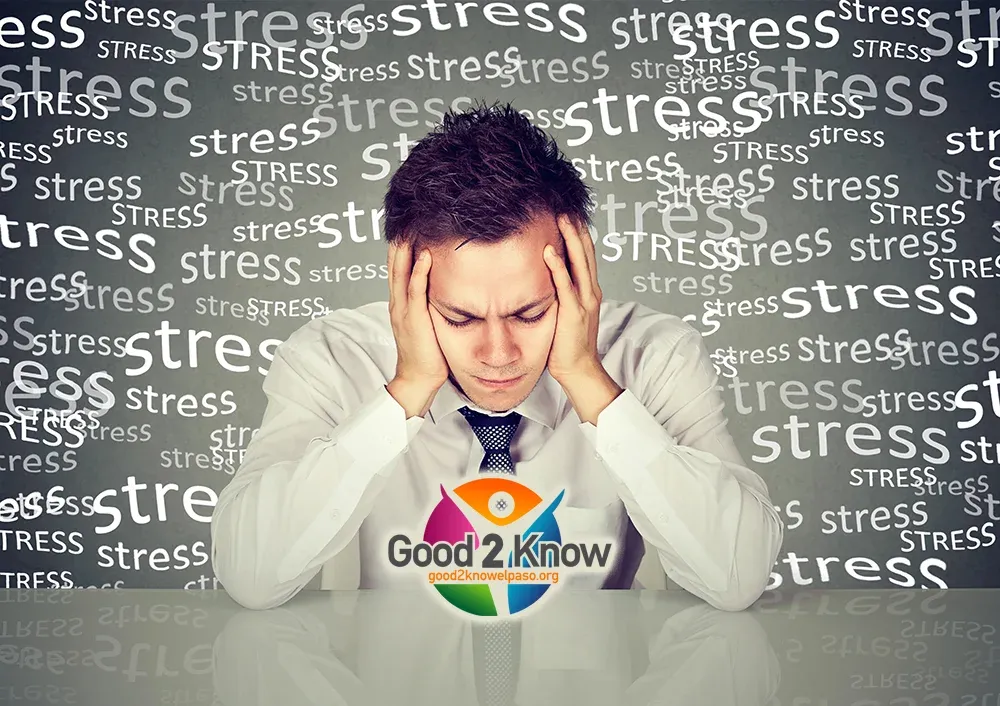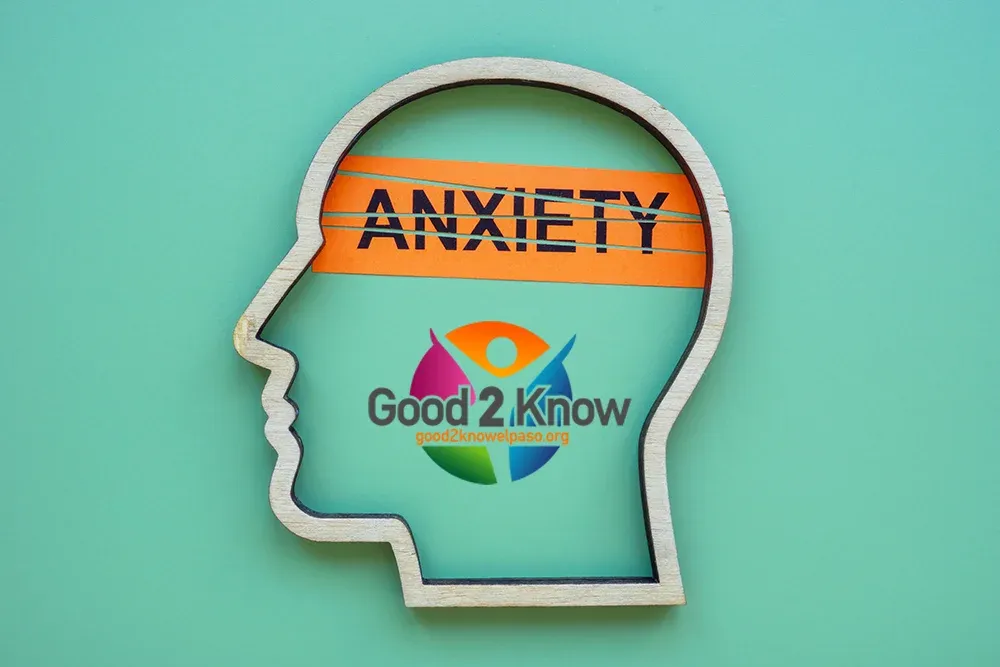Mental health is important at every stage of life, and it includes emotional, psychological, and social well-being. As people age, they may experience certain life changes that impact their mental health, such as coping with a serious illness or losing a loved one. Although many people will adjust to these life changes, some may experience feelings of grief, social isolation, or loneliness. When these feelings persist, they can lead to mental illnesses, such as depression and anxiety.
Older adults are often misdiagnosed and undertreated. Healthcare providers may mistake an older adult’s symptoms of depression as just a natural reaction to illness or the life changes that may occur as we age, and therefore not see the depression as something to be treated. Older adults themselves often share this belief and do not seek help because they don’t understand that they could feel better with appropriate treatment.
How do I know if it’s Depression?
Someone who is depressed has feelings of sadness or anxiety that last for weeks at a time. He or she may also experience–
• Feelings of hopelessness and/or pessimism
• Feelings of guilt, worthlessness and/or helplessness
• Irritability, restlessness
• Loss of interest in activities or hobbies once pleasurable
• Fatigue and decreased energy
• Difficulty concentrating, remembering details and making decisions
• Insomnia, early–morning wakefulness, or excessive sleeping
• Overeating or appetite loss
• Thoughts of suicide, suicide attempts
• Persistent aches or pains, headaches, cramps, or digestive problems that do not get better, even with treatment.
If you or someone you care about is in crisis, please seek help immediately.











